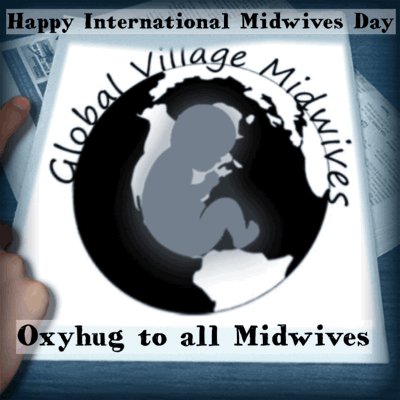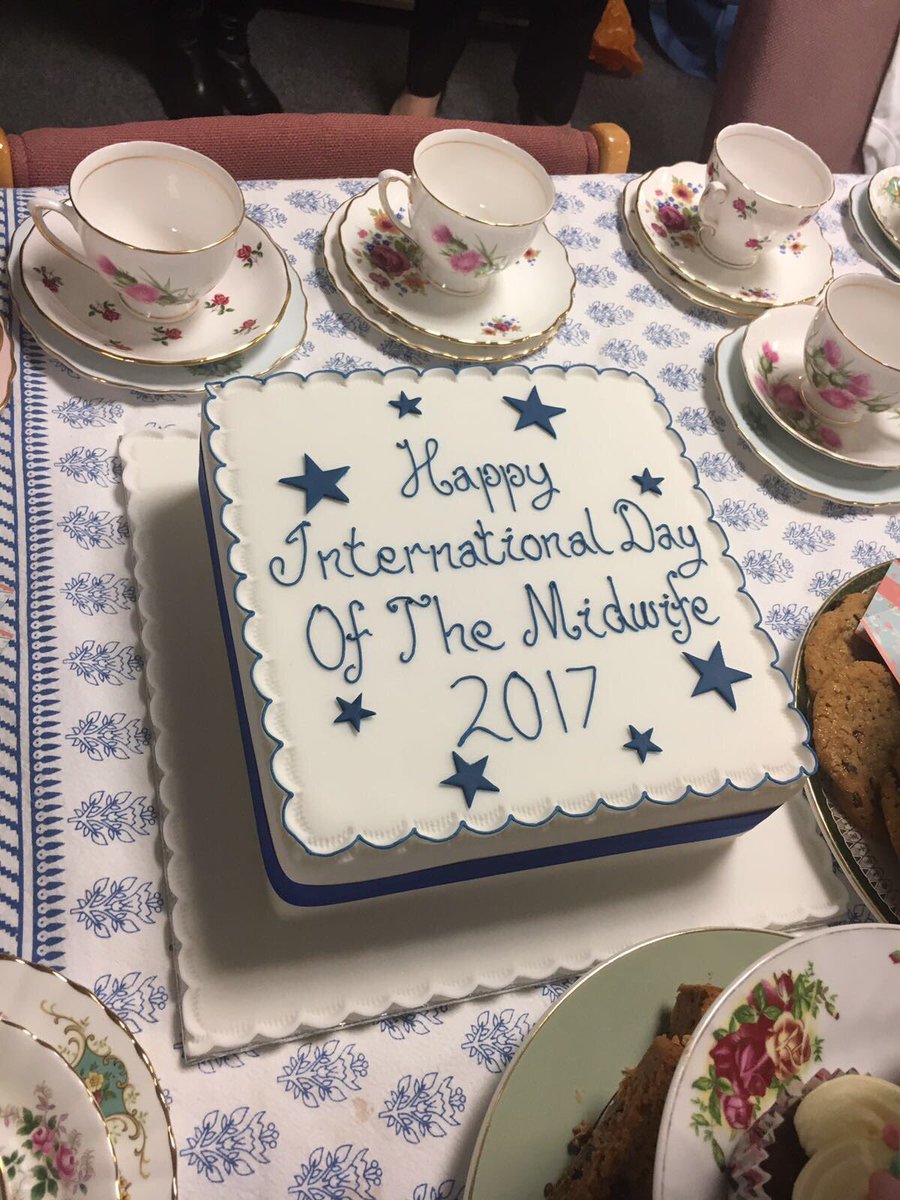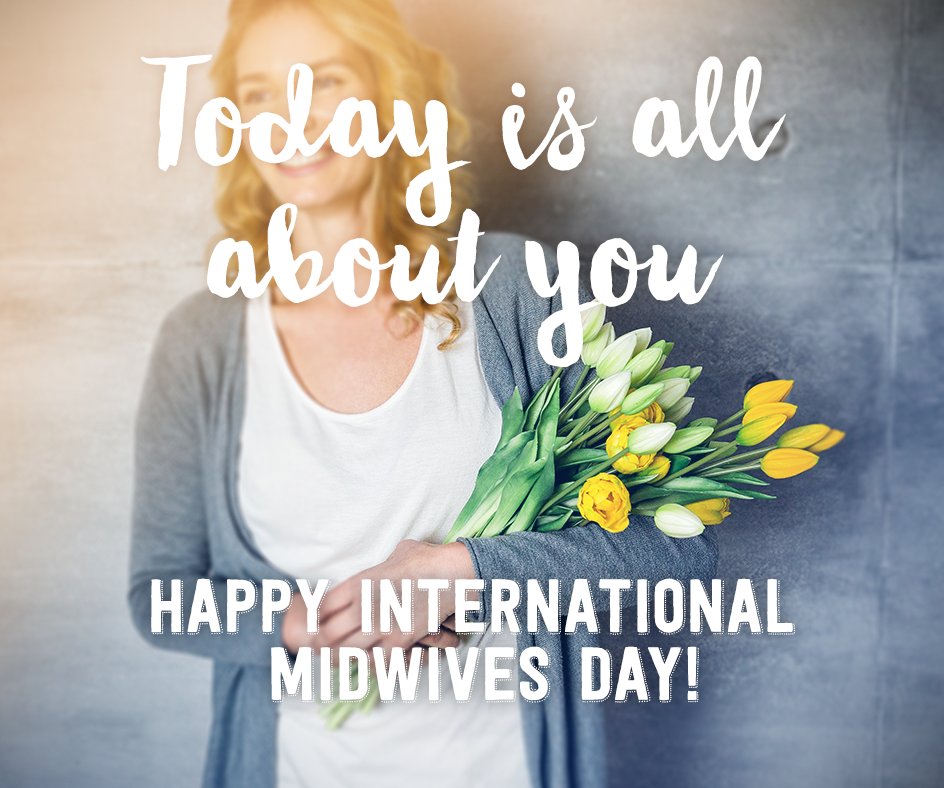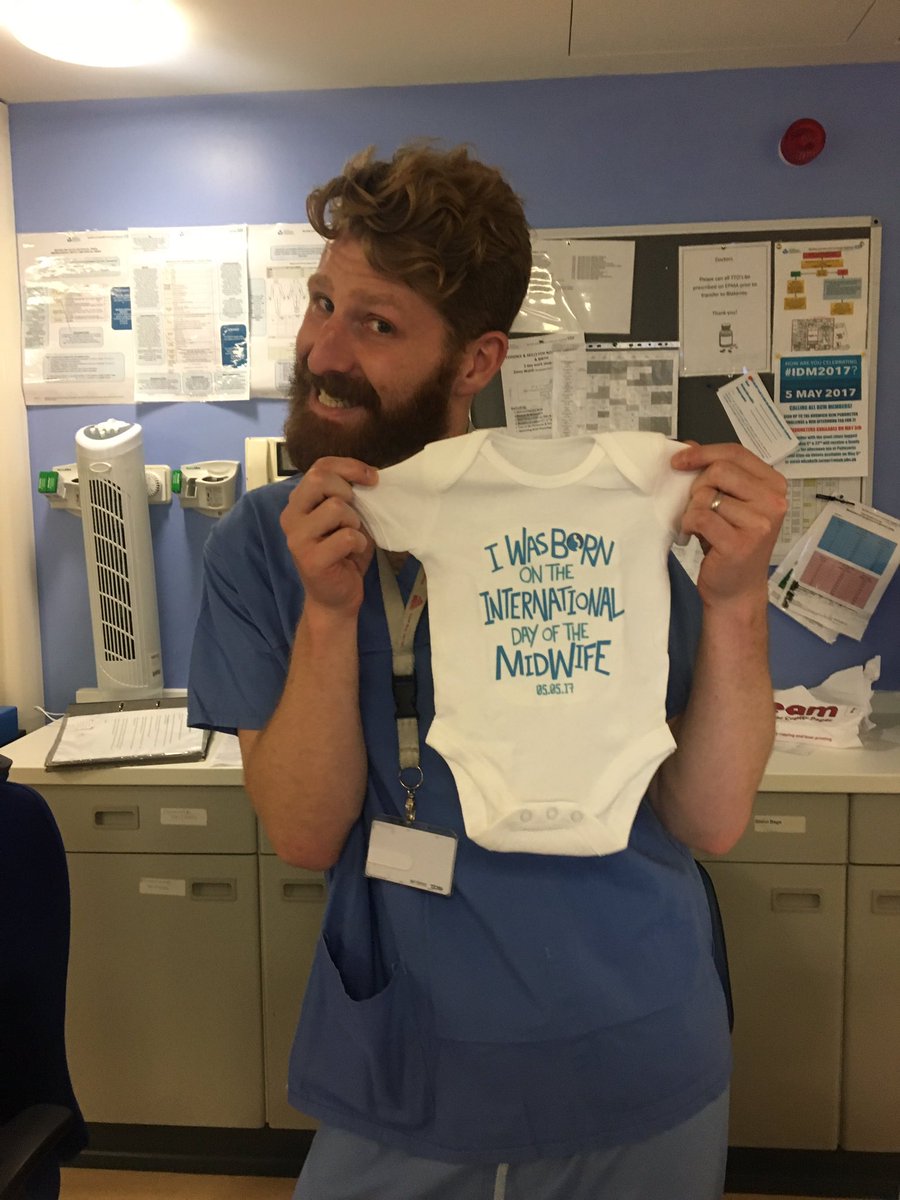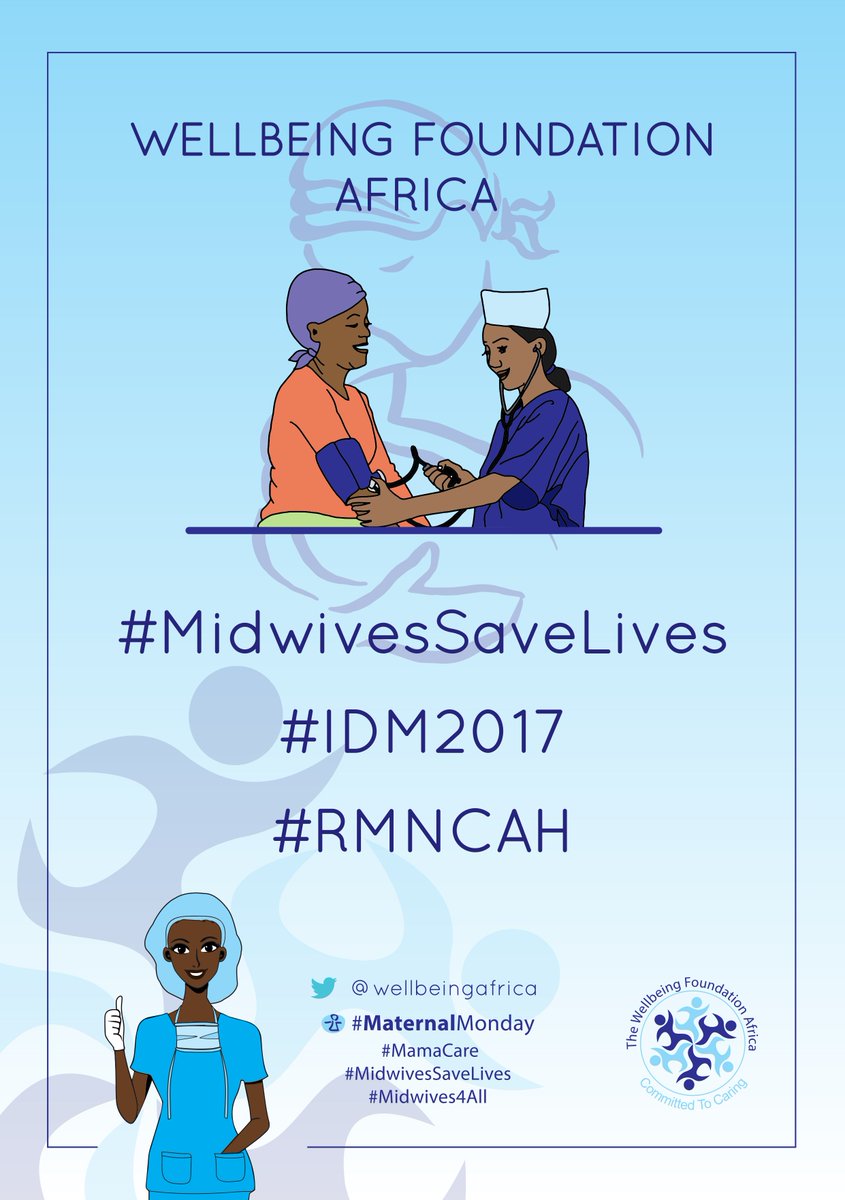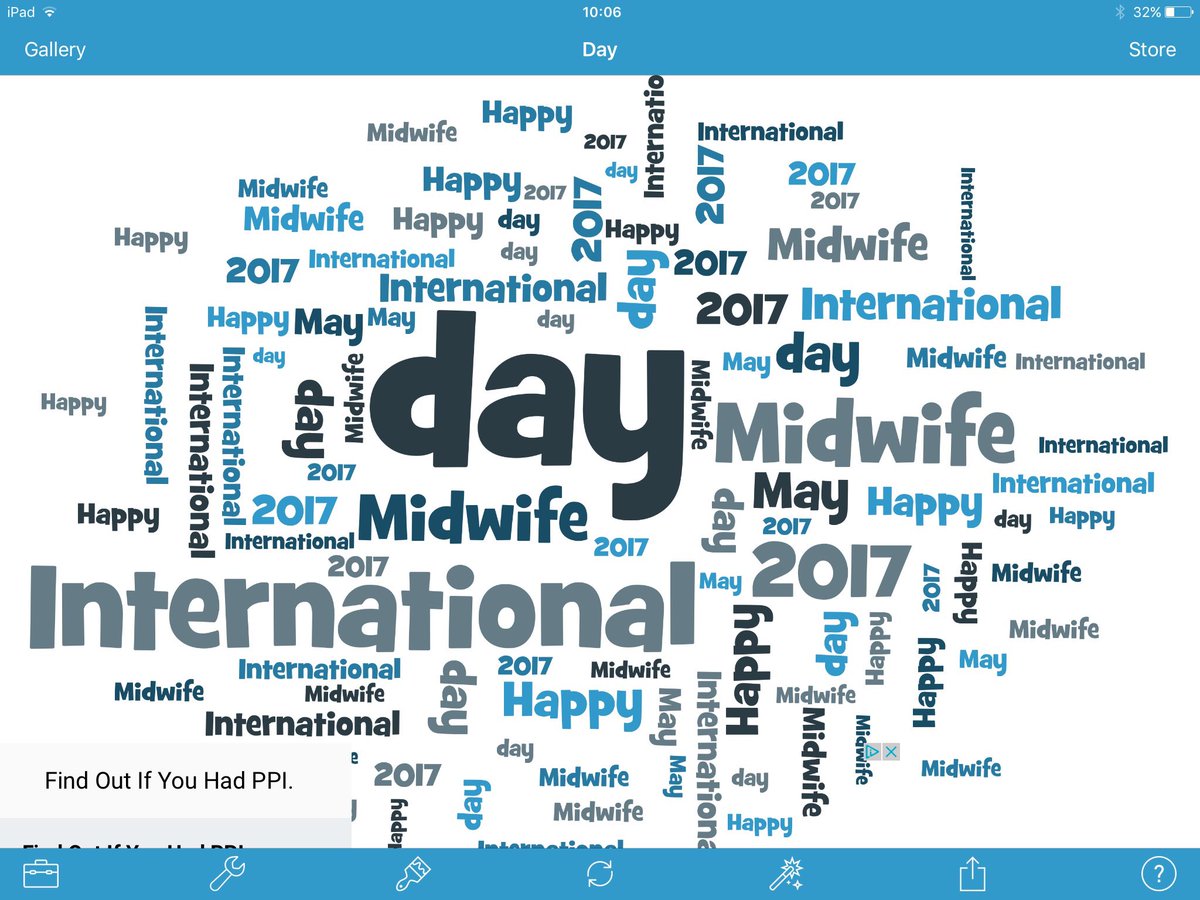“Don’t clap for me” “The health service is not staffed by heroes” and “’We are fragile, tearful, afraid, and we are human” are recent accounts voiced by healthcare workers, working through the COVID-19 pandemic (Anonymous 2020; Watson 2020).

In contrast to the common portrayal as invincible “heroes” or “saints”, it is increasingly recognised that healthcare workers (HCWs) working through the COVID-19 pandemic may be experiencing negative emotions and moral distress related to certain situations (Williamson et al. 2020). These situations may include: Being redeployed, witnessing the suffering of patients or colleagues, ethical decisions related to care, delivering bad news or making the decision to distance oneself from family or children. The wellbeing of HCWs, as well as having an impact on individuals and families, is intrinsically linked to the quality and safety of healthcare services so there is a pressing need to understand more, including how we can help (Pezaro et al. 2015; The Royal College of Physicians, 2015).

We know that even the smallest demonstrations of compassion can make a difference to individual HCWs: Small acts of kindness, caring language or the opportunity to be listened to for example (Clyne et al. 2018). Williamson et al. (2020) state the importance of informal support and opportunities for discussion of events that may have caused moral distress to allow HCWs to process and make sense of events.
We are commencing a research study to explore the real narratives and experiences of HCWs working through the COVID-19 Pandemic, as well as where HCWs have experienced self and workplace compassion, using an arts-based research approach which includes creative writing, storytelling & theatre. Participants will contribute to the script for a piece of audio art-work that will creatively depict the emotions and experiences of healthcare professionals contrasted against the social celebration of them as ‘heroes’ during this Covid-19 pandemic. The recording aims to both give a truthful account of the HCW narrative during this crisis, whilst also being relatable, hopeful and human. It is hoped that it will be a point of stimuli for discussion for the general public and inform the development of additional resources to help HCWs debrief and recover.
Aspects of the arts-based research process itself, such as the opportunity to make sense of experiences through creativity, reflection and commonality with other participants, have been noted as “transformative” (Beltran and Begun 2014). Lennette et al. (2019) describe this type of research as an ongoing reflective process, in which the researcher and participants collaborate to expand the meaning of each individuals’ story and find links and common themes with those of other participants.
We are recruiting a small group of 4-6 healthcare workers to explore their experiences and narratives of COVID-19, within a 1-hour online workshop, taking place at the end of June. The group of HCWs will discuss their experiences and work with a writer, Nick Walker and theatre professionals from China Plate Theatre Company to create a piece of creative writing and a script for the audio artwork, which will be exhibited at a digital exhibition for Coventry City of Culture 2021. If you wish to take part, your information will be kept anonymous & confidential. You are under no obligation to take part.
China Plate are independent contemporary theatre producers of adventurous and imaginative new work with popular appeal and a social purpose. Their mission is to challenge the way performance is made, who it’s made by and who gets to experience it. Lead artist, Nick Walker is a Coventry-based writer, producer, and director. He was co-founder of theatre company, Talking Birds whose work has been presented across the UK, Europe, and the USA. He has worked with some of the country’s leading new work theatre companies including Stan’s Cafe, Insomniac, Action Hero and Theatre Absolute. His plays and short stories are regularly featured on BBC Radio 4, including 3 series of The First King of Mars (starring Peter Capaldi), and 6 series of Annika Stranded with Nicola Walker. He has a great deal of experience in writing plays and stories that are based on conversations/workshops with people around their real-life experiences, for example, exploring stories of male suicide with Coventry Men’s Shed. His writing has successfully fictionalised these experiences and made them relevant to a wider audience without losing their essence and truthfulness.
Date/time for workshop confirmed as: Wednesday 17th June 19:30
To request a Participant Information Sheet please email Kerry Wykes: ad3078@coventry.ac.uk.

References
Anonymous (2020) I’m an NHS Doctor and I’ve had enough of people clapping for me. The Guardian. [Online] https://www.theguardian.com/society/2020/may/21/nhs-doctor-enough-people-clapping
Beltran, R., & Begun, S. (2014). “It is medicine”: Narratives of healing from the Aotearoa Digital Storytelling as Indigenous Media Project (ADSIMP). Psychology and Developing Societies, 26, 155-179.
Clyne, W., Pezaro, S., Deeny, K., & Kneafsey, R. (2018). Using social media to generate and collect primary data: The #ShowsWorkplaceCompassion twitter research campaign. JMIR Public Health and Surveillance, 4(2), e41.
Pezaro, S., Clyne, W., Turner, A., Fulton, E. A., & Gerada, C. (2015). ‘Midwives overboard!’ inside their hearts are breaking, their makeup may be flaking but their smile still stays on. Women and Birth: Journal of the Australian College of Midwives, 29(3), 59-66
The Royal College of Physicians. (2015). Work and wellbeing in the NHS: Why staff health matters to patient care.
Lenette C, Brough M, Schweitzer R et al. (2019) ‘Better than a pill’: digital storytelling as a narrative process for refugee women, Media Practice and Education, 20:1, 67-86, DOI: 10.1080/25741136.2018.1464740
Williamson, V., Murphy, D., Greenberg, N (2020) COVID-19 and experiences of moral injury in front-line key workers, Occupational Medicine, kqaa052, https://doi.org/10.1093/occmed/kqaa052
Further reading…
Watson, C (2020) Nurses are no heroes – they’re just finally beginning to be recognised as they should. The Telegraph.
https://www.telegraph.co.uk/health-fitness/body/nurses-no-heroes-just-finally-beginning-recognised-should/
http://talkingbirds.co.uk/pages/sitespecific.asp
http://saveourstories.co.uk/



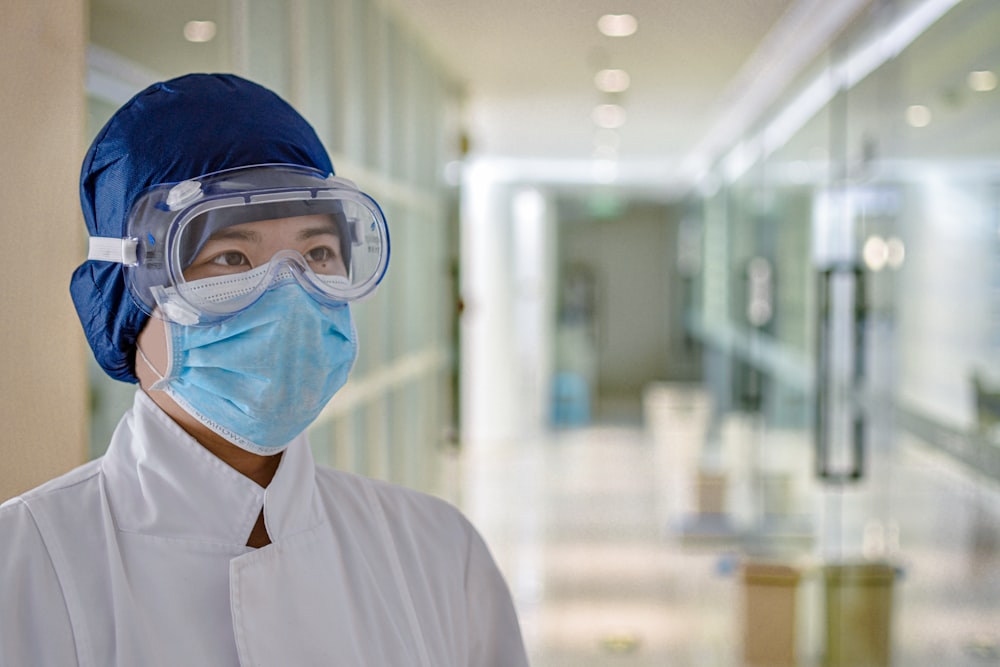










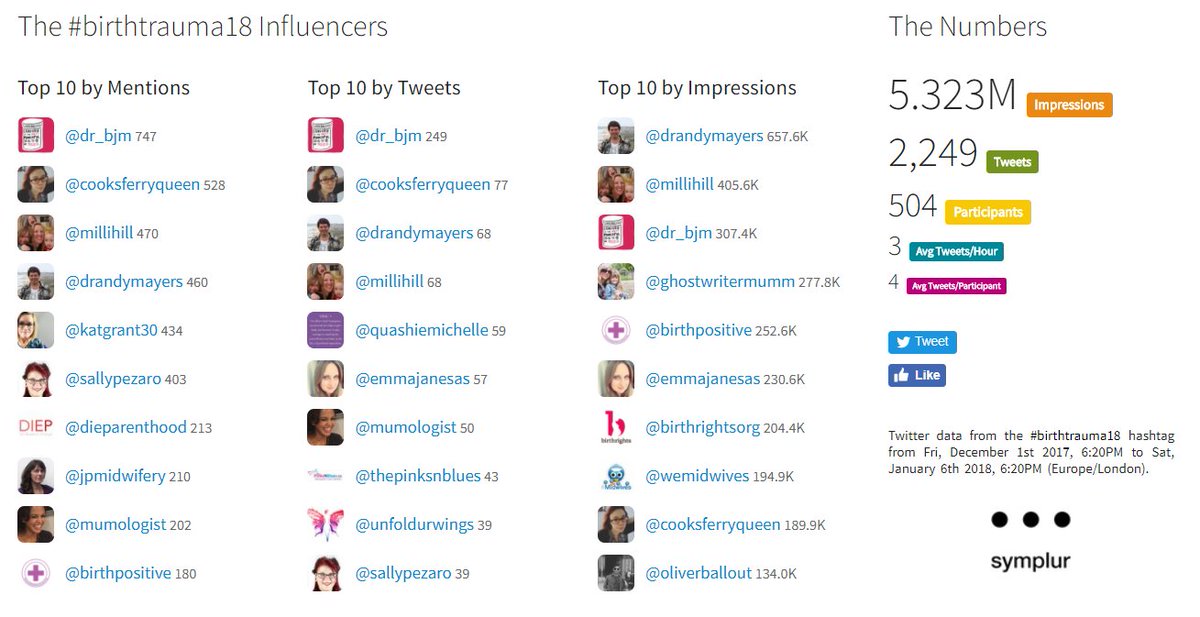






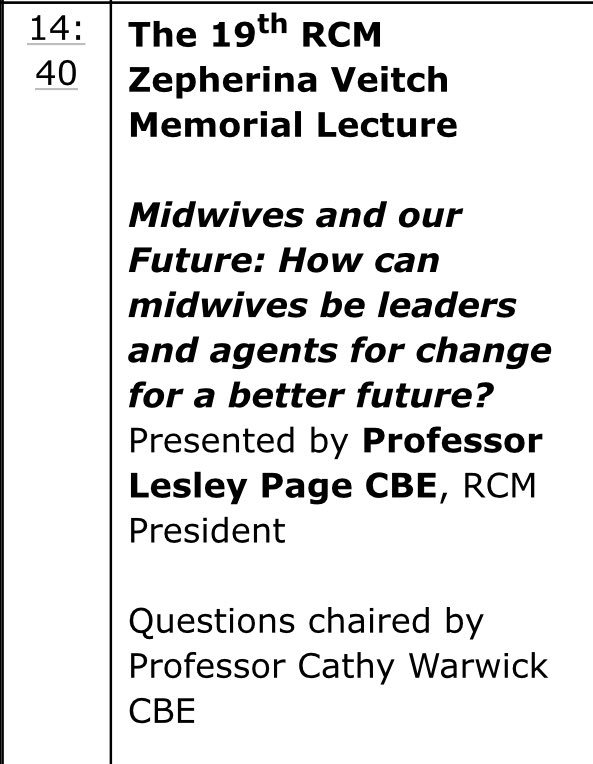


 But
But 












